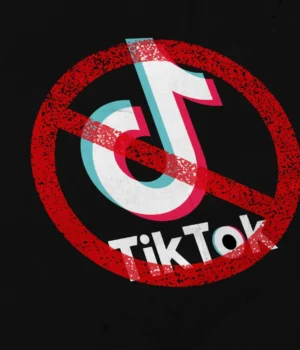Written by Hannah Guanti
Last week, the United States House of Representatives passed a bill that requires the popular social media platform, Tik Tok, to be sold or it will be banned in the states. The authors of this bill cite security concerns as ByteDance, the owner of the platform, is a Chinese company.
If the app is not sold, the U.S. is prepared to ban websites and app stores from hosting Tik Tok. The bill will not punish individual users for their employing the social media platform or for potential security concerns from the use. The authors are also clear that this bill does not censor the speech of Americans, but instead prevents outside interference in the ways they communicate.
Some critics of the bill cite concerns that individual privacy is a thing of the past. They cite Mark Zuckerberg’s testimony in front of congress following the Cambridge Analytica scandal, in which a British organization was harvesting millions of user’s data for political and social marketing. It appears that private data is being targeted by external forces but why was Facebook not banned?
Firstly, while Cambridge Analytica operated out of the United Kingdom, they were working in contract for Facebook, an American company. Data harvesting is never ideal but the congress has made their stance clear- they would rather it be done internally, than by China.
The geopolitical relation between the U.S. and China is tense, heightened by opposing ideologies, trade disputes, and general distrust of the other. With these factors in mind, the fate of Tik Tok remains unseen.
The bill passes through the upper house next before ending up on the desk of President Joe Biden, who already gave his verbal support for the bill. As this legislation continues to travel through the checks-and-balance system, concerns about the future of privacy, online activity, and the impact of state relations on the individual.
Critics and advocates are together waiting to see what comes next from this bill, recognizing that this may be a clear turning point in the way the U.S. handles social media and online threats.




